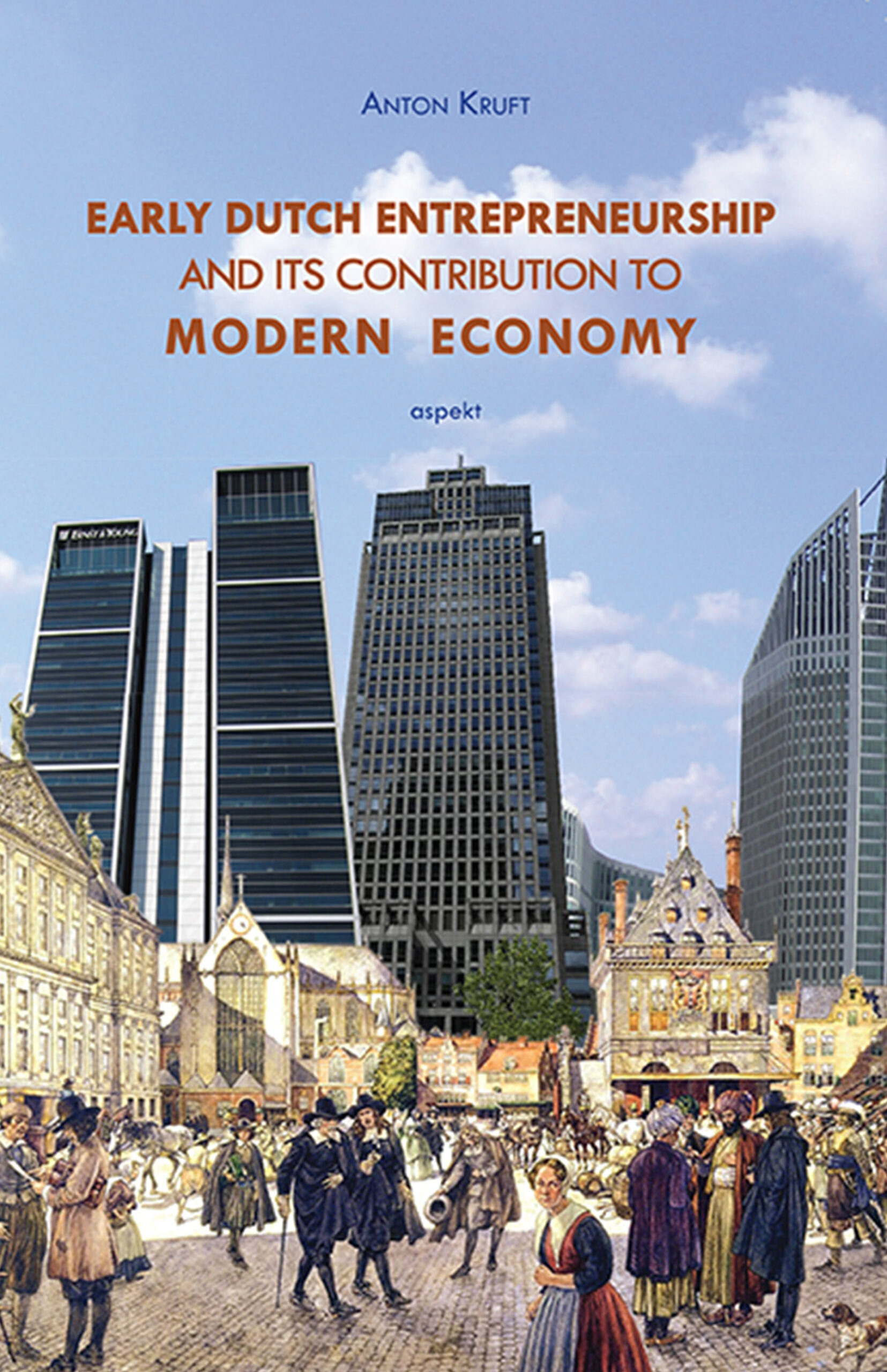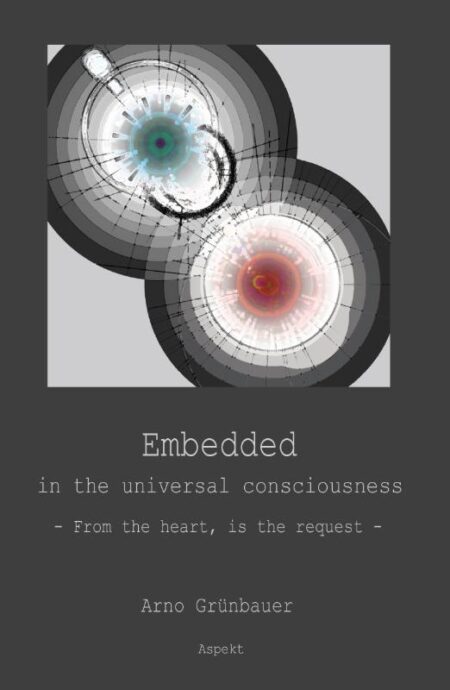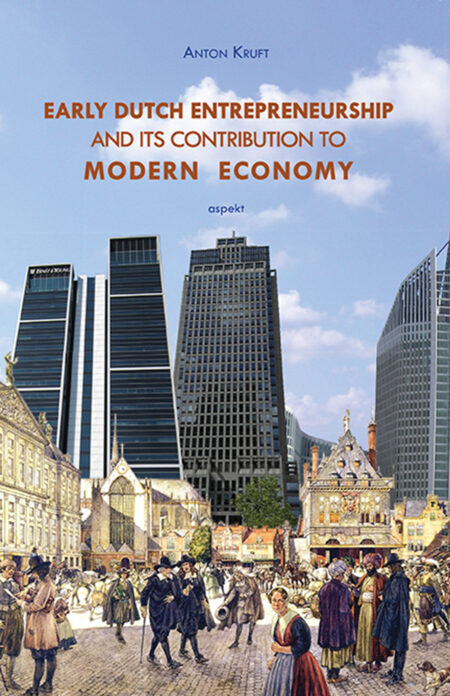Beschrijving
Based on the ’theory formation of entrepreneurship’, as has been developed over the past few decades by political economists, sociologists and social-economic historians on the notion ‘entrepreneurship’, this study will focus on how entrepreneurship in the Netherlands, specifi cally during ‘Trade Capitalism’ (1350-1815), took shape and what its contribution has been to the period of ‘Total Capitalism’ (as from the late 1980s).
Three sub-periods during “Trade Capitalism’ will be studied. The first sub-period runs from 1350 to 1580 and is considered to be the upbeat to the ‘first modern economy’ in the world. In the second sub-period, running from 1580 to approximately 1670 (the so-called Dutch “Golden Age”), this fi rst modern economy reached its absolute zenith. During the then following third sub-period, from 1670 to 1815, we see forms of economic stagnation and a gradual decline in trade in the Netherlands. Perpendicular to each of these three periods, four dimensions related to the functioning of entrepreneurship will be applied so as to assess the entrepreneur’s standing in practice. These are 1) identifying and making optimal use of ‘opportunity conditions’, 2) institutional development in which the government played an important role, 3) socio-cultural aspects affecting entrepreneurship, and 4) specifi c personal characteristics of the entrepreneur. All of these also provide insight into the entrepreneurship in the past and its contribution to the present-day Total Economy.
Author: Anton Kruft













Beoordelingen
Er zijn nog geen beoordelingen.